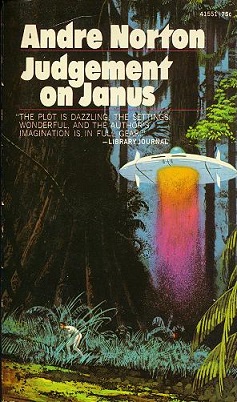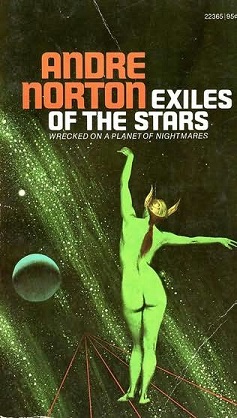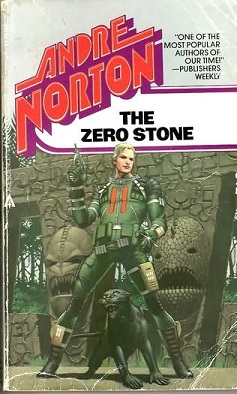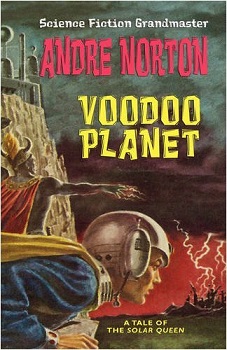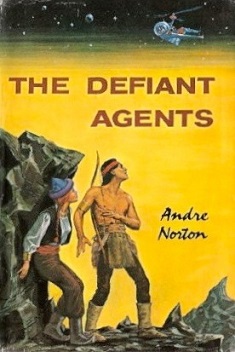
The Defiant Agents
Andre Norton
222 pages
published in 1962
The danger with relying on Project Gutenberg for your reading is that you end up missing things, like in this case, where the first novel in a series, The Time Traders was available, but the sequel wasn’t and I only noticed once I had started to read this, the third in the series. Luckily the first chapter is all setup and infodumping, explaining how in Galactic Derelict time travel led to the discovery of a fully functioning alien spaceship, from the same aliens as see in the first novel and that in turn led to a warehouse full of navigation tapes. Those tapes were divided by lot ver various countries, including Soviet Russia and of course with the Cold War raging between the West and the USSR, spying is rife. As The Defiant Agents opens, one Soviet plant has manages to get his hands on the navigation tape for one of the most promising planets the west has in its possession, which means a crash expedition has to be launched to colonise it before the Russians do.
That crash expedition becomes literal when it turns out the Soviets are already there and have hunter/killer satellites in orbit, shooting down the expedition’s spaceship. Thanks to a bit of luck and a bit of skill the ship, though damaged, still manages to crash land on Topaz in such a way that their enemies think they’re dead. With the crew dead, the colonists, now less than forty, all volunteers from an Apache tribe, have to build a new home on a world with not just hostile nature to contend with, but also hostile humans as the Soviets who have poached the planet are still there. And it’s up to Travis Fox, once Time Travel Agent, to guide his people.
